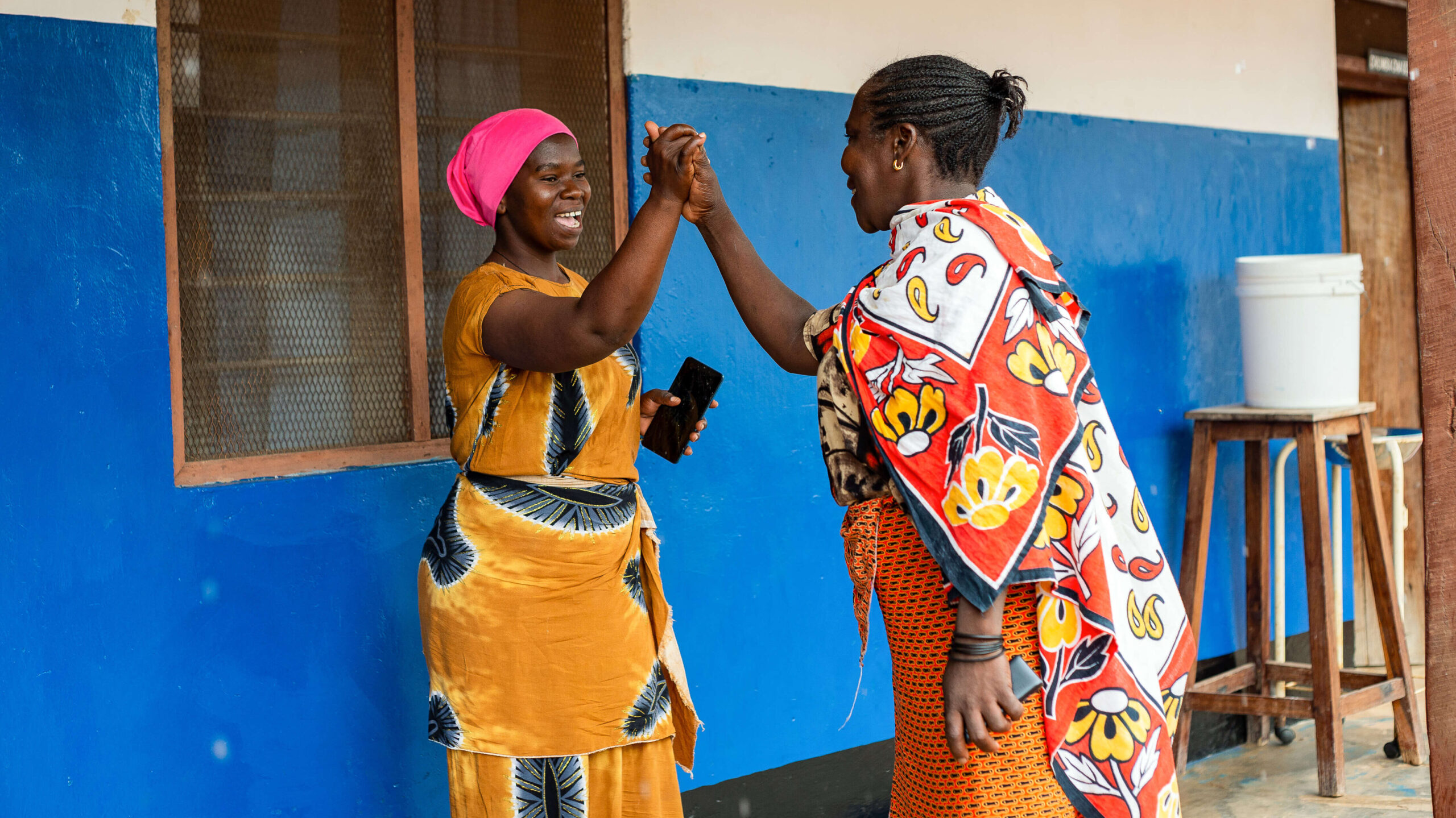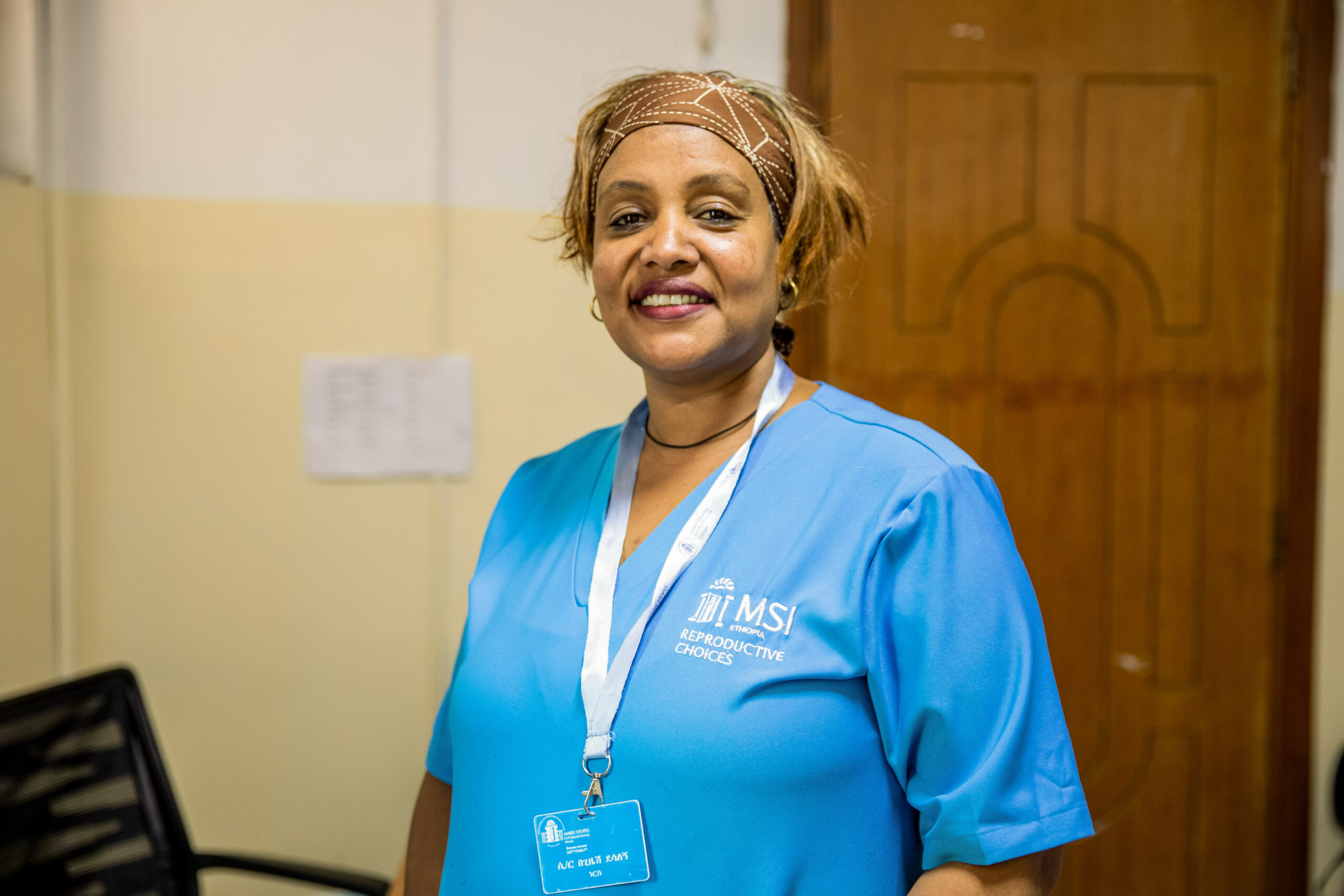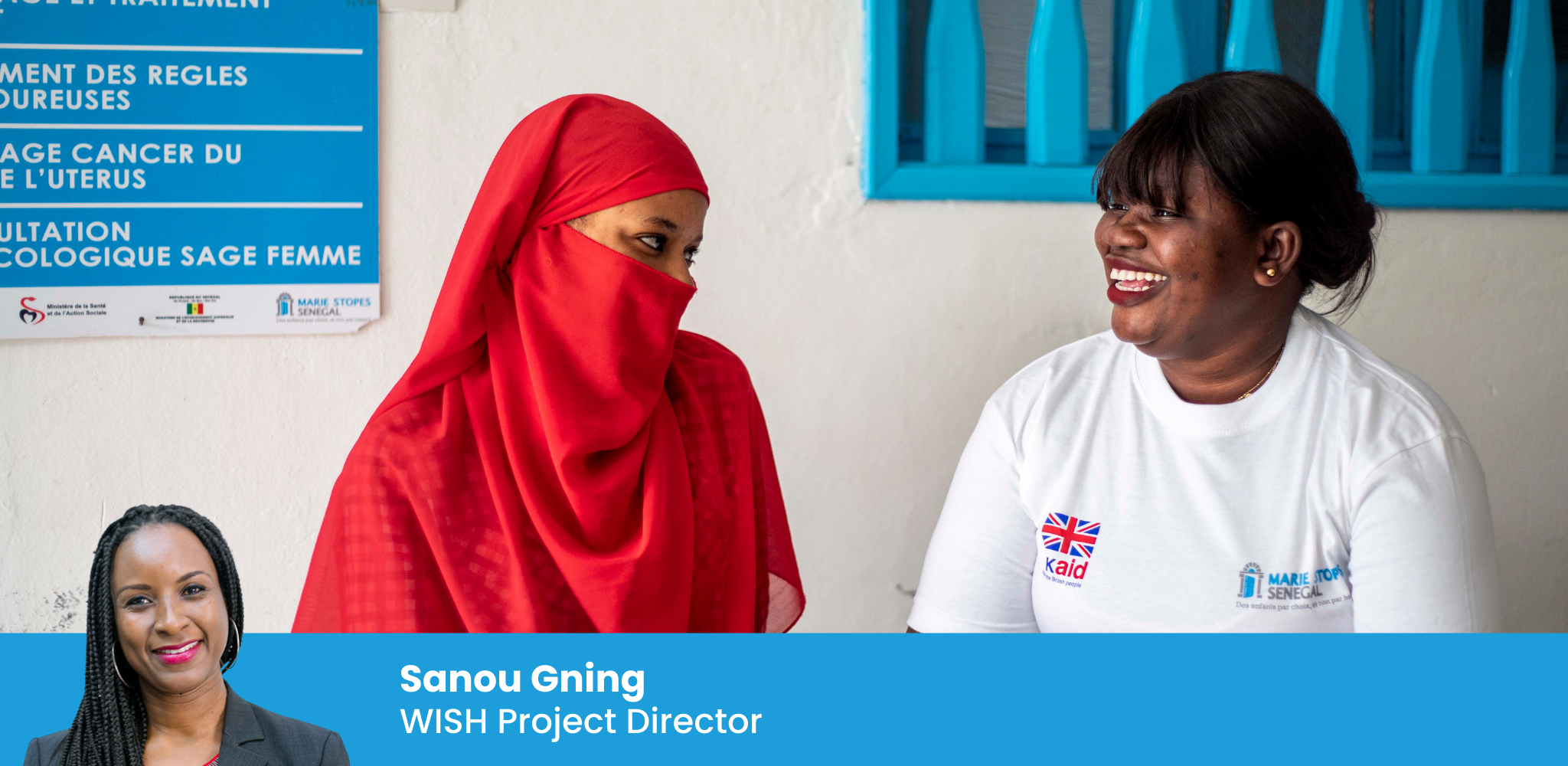Across the globe, too many people continue to be denied access to adequate sexual and reproductive health (SRH) information and services. As a result, they cannot enjoy their sexual and reproductive rights over the course of their lives.
Water, sanitation and hygiene (WASH) play a significant role in the quality of SRH service delivery and the realisation or SRHR. Where water, sanitation and hygiene facilities and services are weak or missing from sexual and reproductive health systems and services, positive health outcomes are compromised. For example, poor access to gender-sensitive WASH facilities limits women’s and girls’ ability to manage their menstrual period privately and hygienically.
Combining SRHR and WASH interventions creates opportunities to bolster health and human rights outcomes, but synergies between the two are not always prioritised, and integrated approaches are limited in both policy and practice.
To address this, MSI has partnered with WaterAid, International Planned Parenthood Federation (IPPF), International Women’s Health Coalition (IWHC) and Simavi to examine the role of WASH in SRHR. In our joint paper, we seek to:
- Examine the critical role of water, sanitation and hygiene in a broad, inclusive and human-rights based definition of comprehensive and integrated SRHR.
- Demonstrate how combined efforts in SRHR and WASH will improve outcomes in health, equality and attainment of human rights.
- Identify the opportunities and entry points for WASH and SRHR actors to together drive action across sectors at the national, regional and global levels








